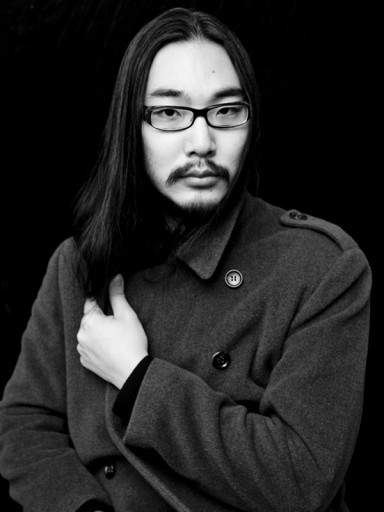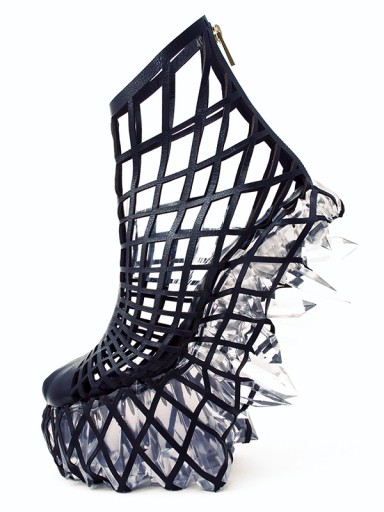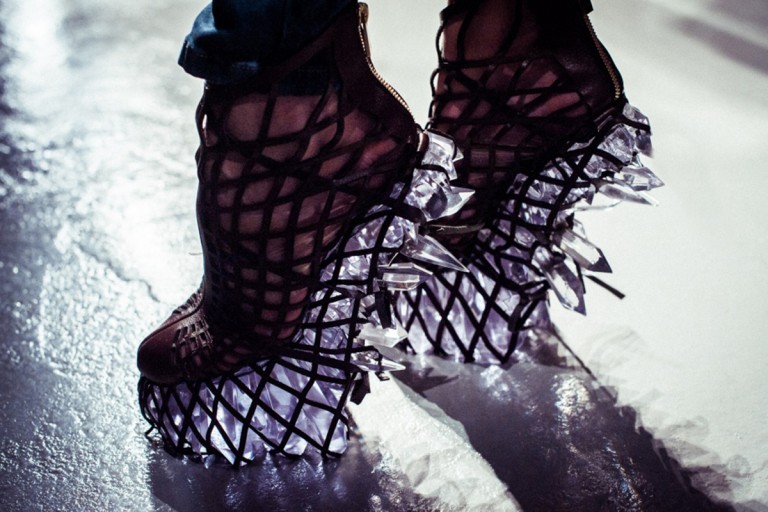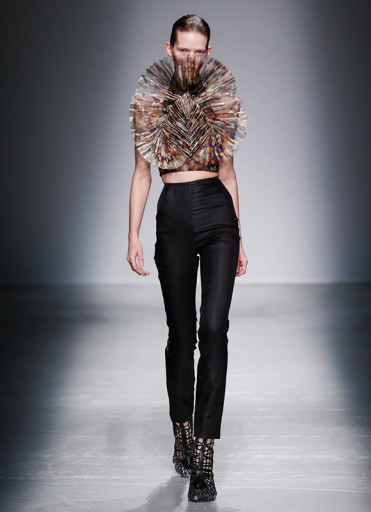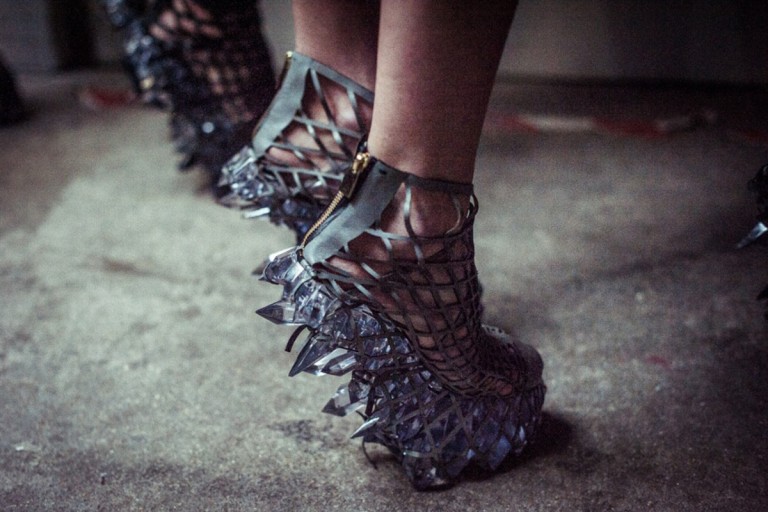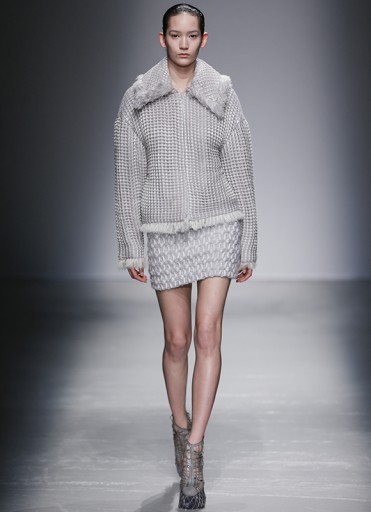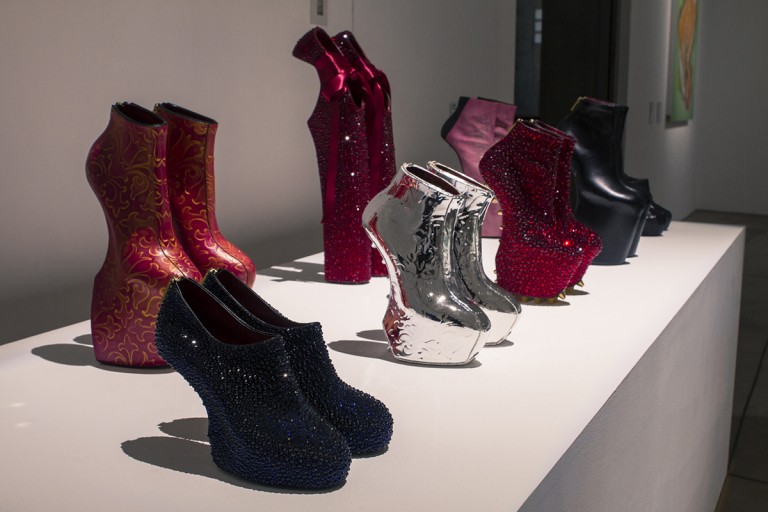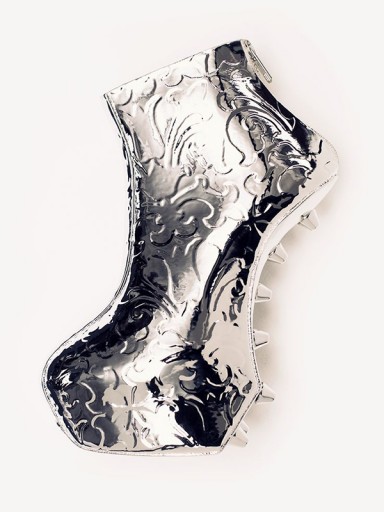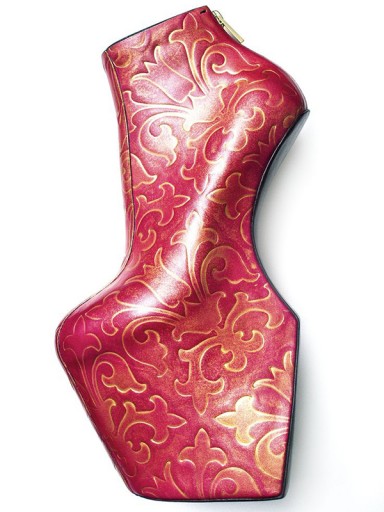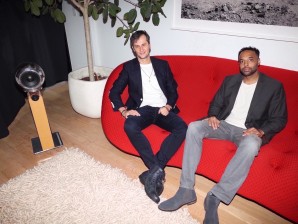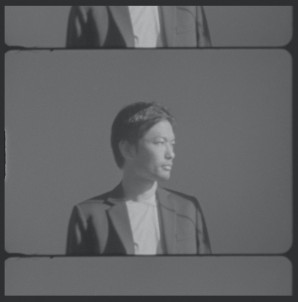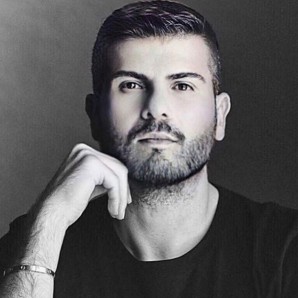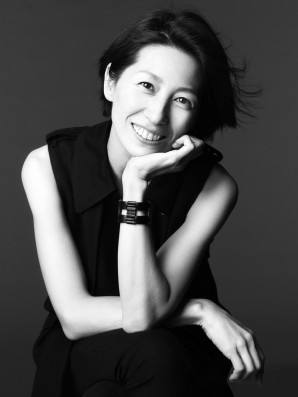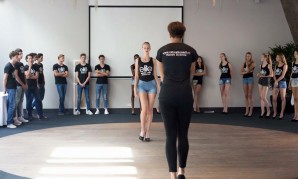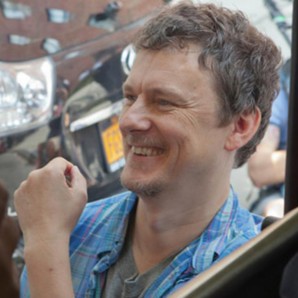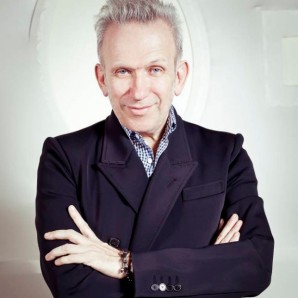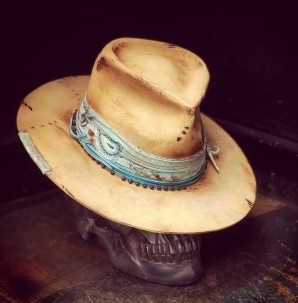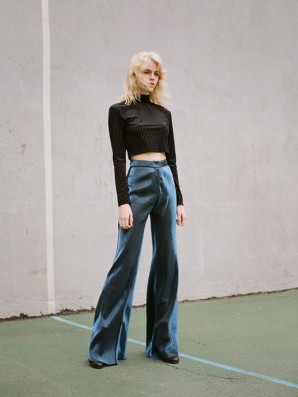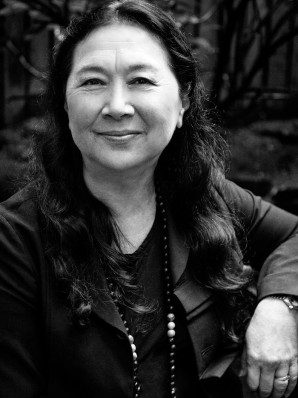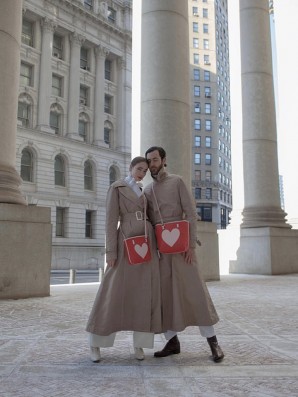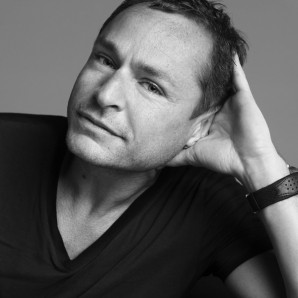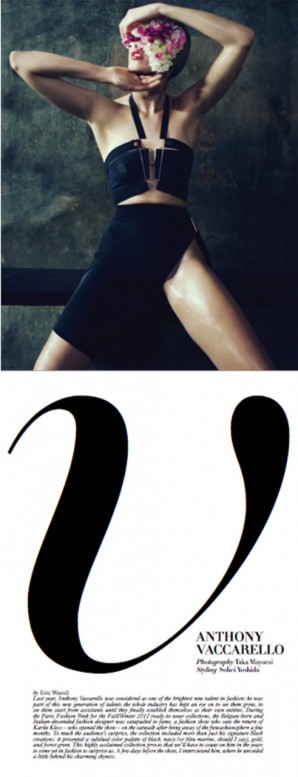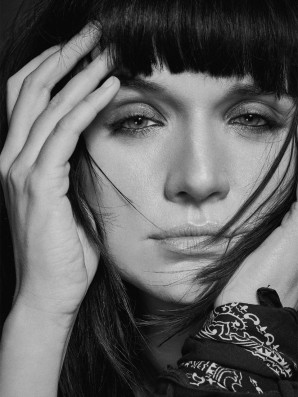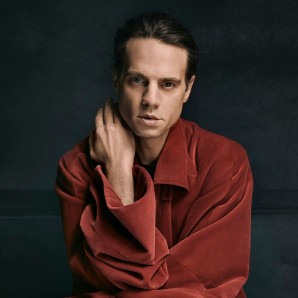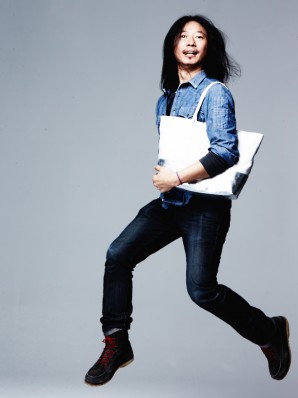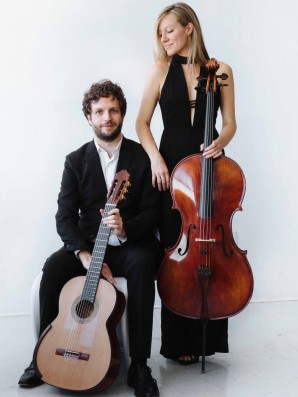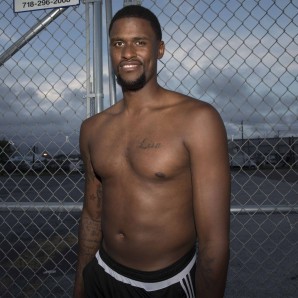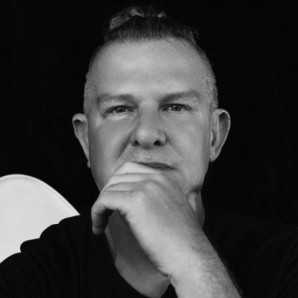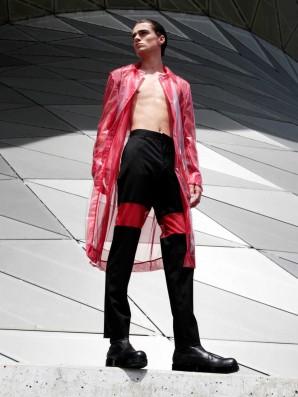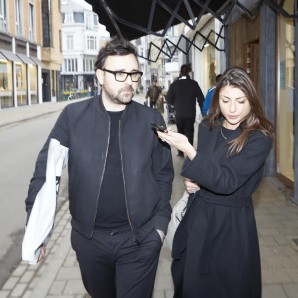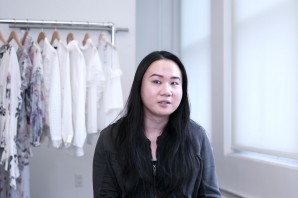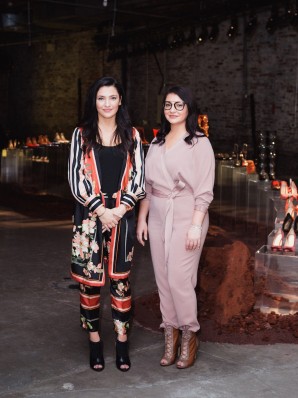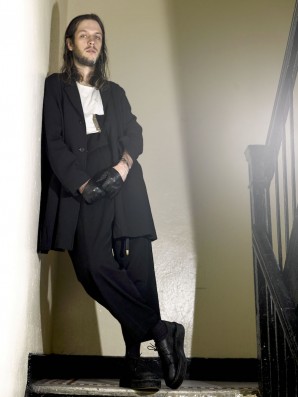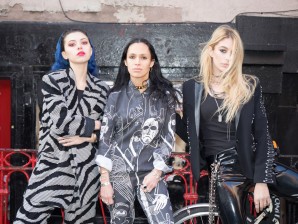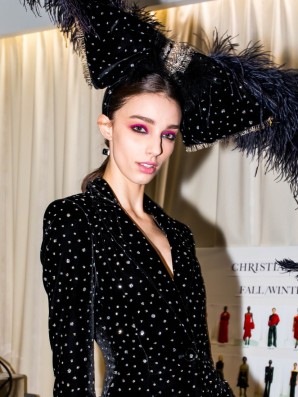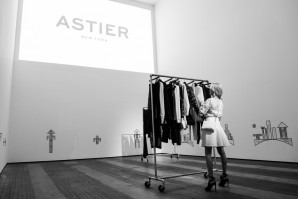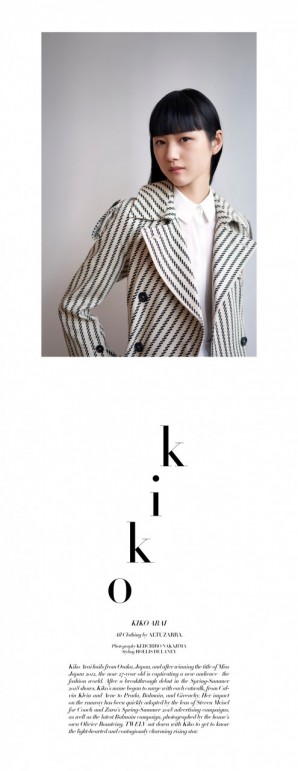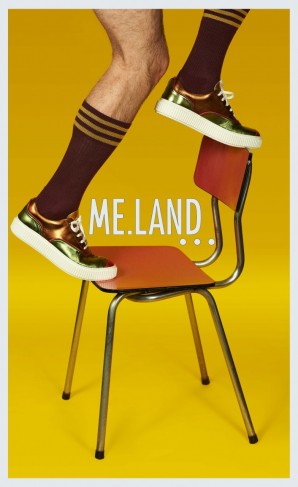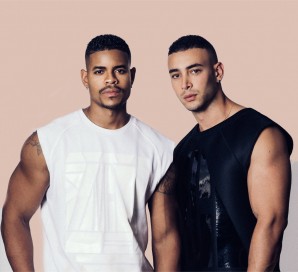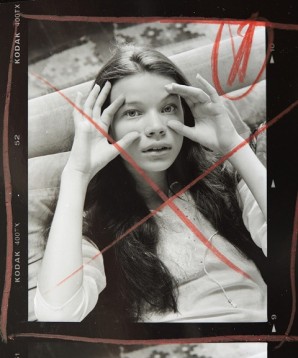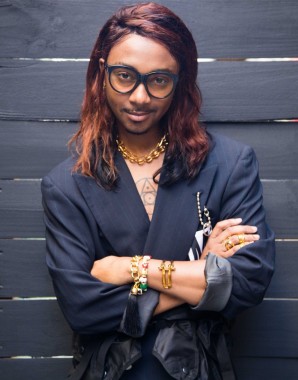TWELV sits down with founders of Parlor Social Club Jan Cieslikiewicz and Frederick Ghartey to give a glimpse into the story of co-founders living in New York City.
Noritaka Tatehana Exclusive Interview
The talented young Japanese designer, Noritaka Tatehana, who collaborated with Iris Van Herpen to design Lady Gaga’s shoes.
Today, Lady Gaga is probably one of the most famous pop artist of the 21st century. Regarding Lady Gaga’s style, the “heelless shoe” could possibly be considered one of her most well-known and iconic accessories. Did you know that the person who created Lady Gaga’s iconic “heelless shoes” was just young 24-year-old Japanese designer named Noritaka Tatehana at that time?
On March 10th, 2015 Noritaka Tatehana unveiled his stunningly unconventional 3D crystal shoes at the collaborative show between himself and Iris Van Herpen at the Fall/Winter Paris Fashion Week Collection. These works of art/shoes have his signature lack of a heel and thrusting crystals as the platform. Recently, TWELV asked Mr. Tatehana about this collaboration with the Holland fashion brand, Iris Van Herpen which is known for its unique and futuristic design.
---------- Noritaka Tatehana's Interview ----------
1. What was the beginning of this collaboration with Iris Van Herpen?
I’d never meet her before, but I knew of her. I was thinking that our direction for the brand is quite similar and we also have a mutual friend, Daphne Guinness, so I’ve always been thinking that if we were to do something together, it would be really interesting.
One day, she came to Japan for the event of a collaboration with Dom Perignon, and I was also invited the event, so I said hello. Then she asked to collaborate with me. So that was the beginning of this collaboration and I am very happy that I was able to be a part of it.
2. Was it time-consuming to produce the crystal shoes for the runway?
Honestly, that was incredibly hard work. When I normally make the shoes, I don’t fill the inside of platform with material, so usually the inside is empty. However, for this time, it didn’t look bright and clear if I made it like that. That’s why I had to fill the inside of platform with the material. It meant the shoes would be really heavy, so I had to think about two things at the same time: confortance and function. It was because of the models that they worked on the runway!
3. What were the good points of collaborating with her?
The greatest thing for me was that I could stimulate the young designers because of this collaboration at Paris collection. In most cases, a lot of young Japanese designers can’t go to Paris Fashion Week on their own ability, they need a sponsor or something. I didn’t want to go that way. I wanted to go to that kind of stage by myself, so I think that was the greatest thing, that I could do this with no support. Actually, I think collaborating with a foreigner designer like this time is surely spreads the world.
4. What’s your inspiration for usual shoes making?
I was born in 1985, so that was about 40 years after the world war. It means that there were so many histories that I didn’t know. The Japan of today required so many turning points like Meiji-Ishin, the revolution of the Emperor, and a World War.
And our generation didn’t know that, right? So we live without knowing about these histories and when I became artist with this job, I realized that artists especially need a sociability. “Sociability” means not only thinking about oneself, but also society as a whole. For example, thinking of the position of Japan in this world, or thinking of one’s position in Japan, and thinking what one should do. Artists need to have this kind of consciousness. Ultimately, I felt that the thing that I couldn’t choose was my fate; like to be born as a man, or to be born in Japan or something like that. Then, I decided to learn about it, about “the background of my background”. So perhaps inspiration might come from in my own mind.
5. Why do you think Japanese culture is important to you?
The main reason is that “I cannot choose my nationality.” Being Japanese, this could be my destiny, or it could be a necessity. I was too familiar with Japanese culture to tell the difference between views from foreigners seeing the Japanese and views from Japanese people seeing themselves when I was in Japan. After I stepped out of Japan, I felt that foreigners think that the Japanese are inspired by their own culture. For instance, in Japan, European-style goods are very popular because they are unique in Japan. In other words, I guess the identity of the country is really important.
6. How were you inspired by Oiran?
In university, I was studying about the Kimono as traditional Japanese fashion. However, there are many different types of Kimono: for citizens, for feudal lords, etc. Oiran fashion was really avant-garde at that time in Japan, and I was studying fashion which was tricky and eye-catching. So it quite matched with what I was seeking. I think it’s the same as young girls wearing Jeremy Scott to intimate Katy Perry.
7. You said that you want to be seen as a craftsman, more than to be considered an artist. To you, what’s the difference between them?
Now I don’t do every process from start to the end when I make shoes, but I have a feeling that I always want to be a craftsman. If I stop making the shoes with my hands, there will be so many things that I can’t comprehend for real. For instance, when I say “let’s make this shoe with this material” without knowing about the function, it doesn’t come out right. That’s meaningless. Because of this reason, I prefer to keep being a craftsman. And I think this is also good point of Japan too. For example there are many famous Japanese manufactures like the auto-mobile maker, Honda and the instrument maker, KAWAI whose founders were all craftsmen. A lot of Japanese people don’t know this story, but these companies support this country with great achievement. And the CEO of famous companies like these in Japan are usually creators and craftsmen. Of course, I have to go for the business side sometimes, but I always want to be a craftsman because I want support Japanese industry like them. But my mind might be an artist all the time.
8. What is your ultimate goal?
I felt that being an artist seems a really personal job, but it actually really isn’t a personal job. I felt this way after I started to work as an artist professionally. This is my life, but an artist's job is reflecting the era at that time. Their artwork should link to their mind and what’s happening at that time in their country, and I think artists need to make it work during the changes in periods. Speaking of my own experience, 2010 was a turning point in Japanese fashion. The changes in the era and artists should be linked to historical events happening, like world affairs or natural disasters.
My work is collected by a lot of museums, but museums are where human history is stored. For example, Strawberry Fields by Yoko Ono, this kind of creation has a message worth remembering. I don’t know when I will die, so I think my mission is to form the era exactly and then to turn it over to the next generation because I feel I’m required to do this kind of thing.
9. You always had a dream to work around the world. Do you feel that your life is exactly what you wanted now?
Because I wanted to work around the world, I had a specific vision and I did complete each objective one by one.
So almost everything is exactly as I wanted. Now I can do what I wanted, and I am more successful than I could have imagined, and I don’t feel that I have failed more than I expected. I suppose that preparation is really important. I’m glad that I kept continuing with what I wanted. When I didn't pass the university entrance exam, my grandmother said “Quit. You have no talent.” But I didn’t quit at that time and I think that was great decision. You have to decide your way by yourself. That is the most important thing in life.
10. Please leave a message to young boys and girls.
I don’t want them to imitate, but use. I mean I was the one who really imitated society, so I was thinking that I will be the top because I don’t want to be thought as the same designer as that one who I don’t think great. But when you imitate something, it’s when you are jealous for it at the same time. So I guess if there are some people who imitate me because I showed in Paris Fashion Week this time, I don’t want them to imitate, but to look closer. In other words, I hope they use my experience as a tool and study. This time, I worked with foreign people and I could attend Paris Fashion Week in the end. With this opportunity, I think I could show the same things as they do.
I had times when I was really imitating society, but when I try to out to the world, the people who I referred to were predecessors like Issei Miyake, Takashi Murakami, and many other successful people. I think I wouldn’t be successful if they did not exist. So in order to see as a reference, I want young designers to use my work as a case study. I can say anything like “hang in there with big dream!” or something. If I can provide something, it will be this kind of information. That would be the most influential information I guess.
INTERVIEWED & WRITTEN BY: MARIE ABE
PHOTO CREDIT: NORITAKA TATEHANA, TEAM PETER STIGTER, MORGAN O'DONOVAN
EDIT BY: SUSAN SCHELL
related posts
Keiichiro Nakajima interview
Keiichiro Nakajima is a photographer and director based in Japan, represented by a management and production company called Signo, Inc, which is one of the largest and leading artist management...
SHIN FUJIYAMA Founder of Students Helping Honduras INTERVIEW
Japanese-American philanthropist Shin Fujiyama co-founded Students Helping Honduras with his sister Cosmo Fujiyama.
NEW TYPE #36: Mônot - ELI MIZRAHI INTERVIEW
Beginning with his childhood in Lebanon, Eli Mizrahi garnished inspiration from across the globe to debut his evening wear brand, Mônot, last fall.
RMK CREATIVE DIRECTOR: KAORI INTERVIEW
KAORI is a renowned make-up artist and the creative director of RMK beauty, a flourishing Japanese makeup and skincare brand that is now sold worldwide.
MICHEL GONDRY INTERVIEW
“MAYBE WE CAN BE IMMERSED IN MOVIES BECAUSE WE’RE USED TO DREAMING.”
JEAN PAUL GAULTIER EXCLUSIVE INTERVIEW
It has become almost useless and banal to introduce Jean-Paul Gaultier.The mere mention of his name alone elicits a constellation of images that have become part of our mind and imagination since...
NEW TYPE #35: DARA SENDERS INTERVIEW
Dara Senders, the designer behind the eponymously titled, all size inclusive brand that launched in 2018, has always been obsessed with fashion.
NEW TYPE #35: NTTE HATS
From a small city near Milan to Downtown New York, Paolo, Designer and creater of NTTE Hatsdiscovered his passion for hats and anything vintage at a young age.
NEW TYPE #34 : BEAU WATSON
1. As a new designer, how do you hope to distinguish yourself among other designers?
NIAN FISH INTERVIEW
Nian Fish, creative director of KCD, has been, for decades, a pivotal figure in the fashion world, assembling and producing fashion shows that have become cultural benchmarks unto themselves, such...
CESAR LOVE ALEXANDRE INTERVIEW
Cesar Love Alexadre is a duo of visual artists formed by Isabelle Chaput and Nelson Tiberghien.They met at the Gobelins school of Photography in Paris and now based in New York where they work on...
TOM PECHEUX INTERVIEW
TWELV got a special interview from Tom Pecheux. Read as we host interviews and explore the lives of artists who shape the final product - directors, fashion designers, stylists, ...
ANTHONY VACCARELLO INTERVIEW
Anthony Vaccarello was considered as one of the brightest new talent in fashion: he was part of this new generation of talents the whole industry has kept an eye on to see them grow, to see them...
Why is Everyone in Hollywood Buzzing About Actress Malgosia Garnys?
Have you ever felt like you were beautiful and powerful and the universe was conspiring in your best interest, and your opportunities were endless because you’ve lost people you loved...
INTERVIEW: Bigwig Broadway Producer, Jordan Roth and Acclaimed Choreographer, Michelle Dorrance
R.I.P Chek Wu
We at TWELV are deeply saddened to announce the passing of talented photographer, boundless free-spirit, and our friend, Chek Wu.
GatherNYC: Everything We Love About Church With No Weird Stuff
GatherNYC is Everything We Love About Sunday Service With None of the Weird Stuff
NEW TYPE #33: Catherine Casias Inteview
If fashion is an expression of experiences, Catherine Casias has a lot of area to cover. She has excelled as an Olympic volleyball player, a philosophy major, and a fine artist....
Party Czar Carmen D’Alessio, Empress of the Sun and the Queen of the Night
You may not know Carmen D’Alessio by name.
IKEMEN #39: JORDAN HENRIQUEZ
IKEMEN (ē´k´mɛn): Japanese Slang
"REALLY, REALLY, RIDICULOUSLY GOOD LOOKING PEOPLE"
IKEMEN #38: WARREN KAY
IKEMEN (ē´k´mɛn): Japanese Slang
"REALLY, REALLY, RIDICULOUSLY GOOD LOOKING PEOPLE"
NEW TYPE #32: ALEXANDER ROYS INTERVIEW
"Introducing an innovative Men’s designer to inspire you with the visions of future and the rise of technology."
Branding in the Worlds of Art and Commerce According to Silvia Mella
Branding is everything. For an entrepreneur, it is the difference between viability and bankruptcy. On social media, we are all our own brands.
Interview: Jackie Yang, Creative Director of Chelsea and Walker
TWELV sat down with Jackie Yang, Creative Director of Chelsea and Walker, in the brand’s New York City...
New Type #31: Angela Mitchell – Krystal and Marilyn Lavoie Interview
We are living in the age of fast fashion, and even Europe’s most storied luxury brands have been moving their factories to Asia to reduce costs.
Ikemen #37: Dominik Halas
IKEMEN (ē´k´mɛn): Japanese Slang
"REALLY, REALLY, RIDICULOUSLY GOOD LOOKING PEOPLE"
New Type #30: Carolina Sarria & Bianca Allen Interview
Both Carolina Sarria and Bianca Allen knew they wanted to become fashion designers from a young age.
Interview & Backstage: Christian Siriano Celebrates 10 Years in Fashion
After the successful launch of his book Dresses to Dream About, a decade-anniversary celebration on the runway, and a whirlwind of striking celebrity looks on the red carpet of...
New Type #29: Jackie Astier Interview
Astier places its identity within the advanced adaptation skills of the modern New York woman.
INTERVIEW: Meet Kiko Arai, Miss Japan-turned Face of Balmain and Zara
Kiko Arai hails from Osaka, Japan, and after winning the title of Miss Japan 2012, the now 27-year old is captivating a new audience– the fashion world.
Interview: Parisian Designer Frédéric Robert's Debut Shoe Collection "ME.LAND"
A vibrant brand of Italian-made shoes for men is emerging this year as one-to-watch.
New Type #28: the Design Duo Behind Maxime Hernandez Interview
The streetwear phenomenon in the fashion establishment is not slowing down anytime soon.
MICHEL NAFZIGER INTERVIEW
With a wealth of experience shooting some for some of fashion's most renowned clients (Yves Saint Laurent, Guy Laroche), ...
IKEMEN #36: Jérôme LaMaar
IKEMEN (ē´k´mɛn): Japanese Slang
"REALLY, REALLY, RIDICULOUSLY GOOD LOOKING PEOPLE"

